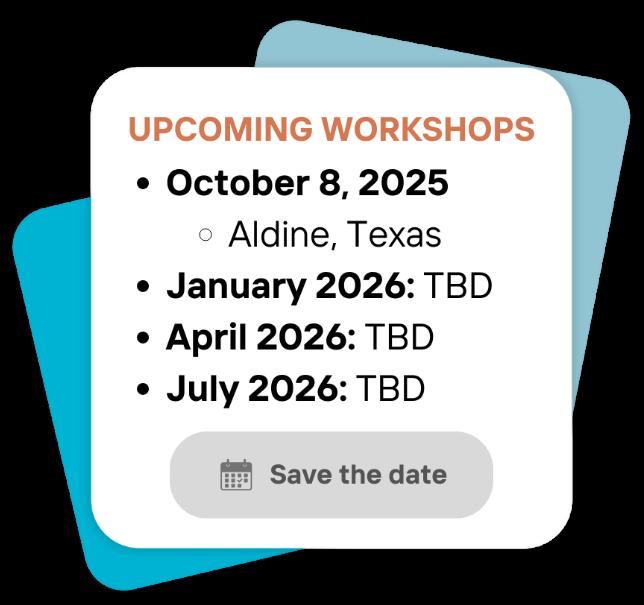

Visit PUCT at the TCEQ’s Public Drinking Water Conference

On August 5 – 6, 2025, the Public Utility Commission of Texas (PUCT) will participate in the Texas Commission on Environmental Quality’s (TCEQ) Public Drinking Water (PDW) Conference. The conference will be held in-person in Austin at the Renaissance Austin Hotel (9721 Arboretum Blvd., Austin, TX, 78759). TCEQ is also offering an online option for attendees.
During the conference, PUCT Staff will be present in the Technical Assistance area to answer questions about PUCT regulation, including utility rate setting, service area matters, and financial and managerial utility fitness. PUCT Staff will also be speaking on Wednesday morning, August 6, about legislative updates affecting water and sewer utility regulation at the PUCT and mapping requirements for applications. Stop by to get more information or to get your questions answered in person. We look forward to seeing you there.
Common Pitfalls to Avoid When Filing IOU Rate Changes
Investor-owned utilities (IOUs) in Texas must adhere to established procedures when submitting rate change requests to the PUCT or the applicable municipality. Failure to comply with these requirements can result in penalties, delays, or public opposition.
Here are six frequent mistakes to avoid:
1. Premature Rate Implementation: Utilities may not charge new rates until approval is granted. Early implementation may trigger fines or mandatory refunds.
2. Incomplete or Inaccurate Applications: All financial data, customer counts, meter sizes, and cost estimates must be up to date and well-documented.
3. Improper Customer Notification: Every affected customer must receive appropriate notice to allow the opportunity to protest or intervene.
4. Incorrect Filing Forms: Rate filing forms must match the utility's classification. Errors in form selection can lead to rejection.
5. Unsubstantiated Rate Increases: Proposed rates must be supported by clear, cost of service expenses and analysis.
6. Final Tariff Review: Check your final tariff at the end of the rate case. Make certain your approved rates appear correctly on the final tariff.
A thorough, accurate filing can help ensure a smooth and compliant rate-setting process.



